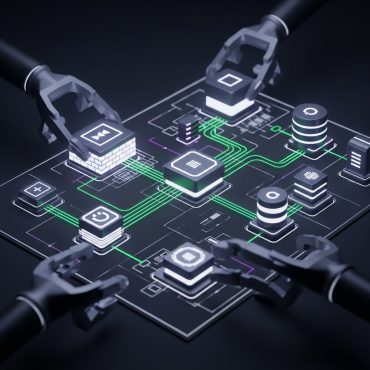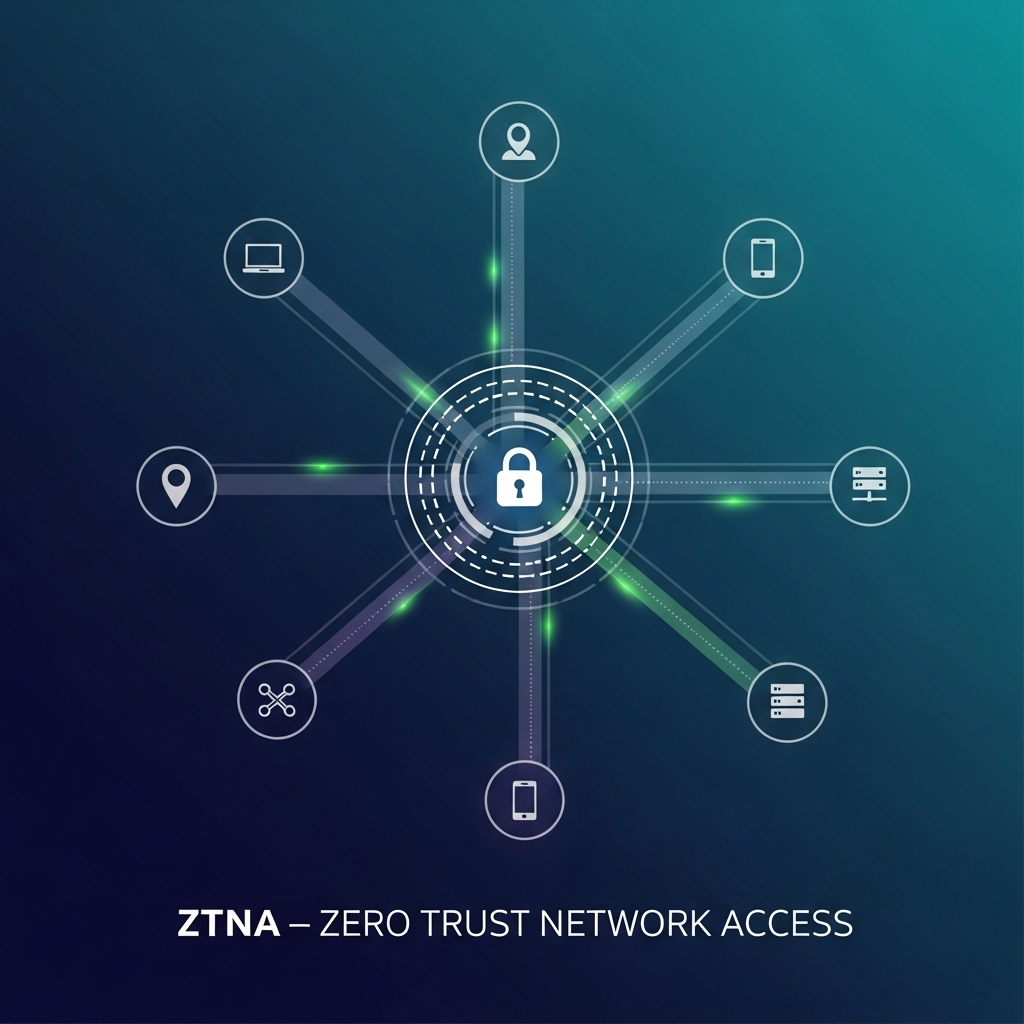• Identity-Centric Access Control:
ZTNA authenticates users based on their identity and role, typically reinforced with Multi-Factor Authentication (MFA) to prevent unauthorized access.
• Context-Aware Policy Enforcement:
Access decisions are made using real-time contextual data such as device security status, geolocation, time of day, and behavior analytics—enabling granular, adaptive security.
• Microsegmentation and Application Cloaking:
Applications and data are hidden from all users except those explicitly granted access, minimizing attack surfaces and protecting against lateral movement.
• Continuous Session Monitoring:
All user sessions are monitored in real time for abnormal behaviors. Suspicious activity can trigger automated responses, such as session termination or access revocation.
• Cloud-Ready and Remote Work Enabled:
ZTNA integrates seamlessly with cloud infrastructure and supports remote workforces, offering secure and consistent access regardless of user location.
Conclusion
ZTNA is foundational for modern network security, offering adaptive, resilient, and identity-driven access control. At Secure Future, we help organizations deploy Zero Trust architectures to secure their data, users, and applications in today’s hybrid and cloud-first environments.












